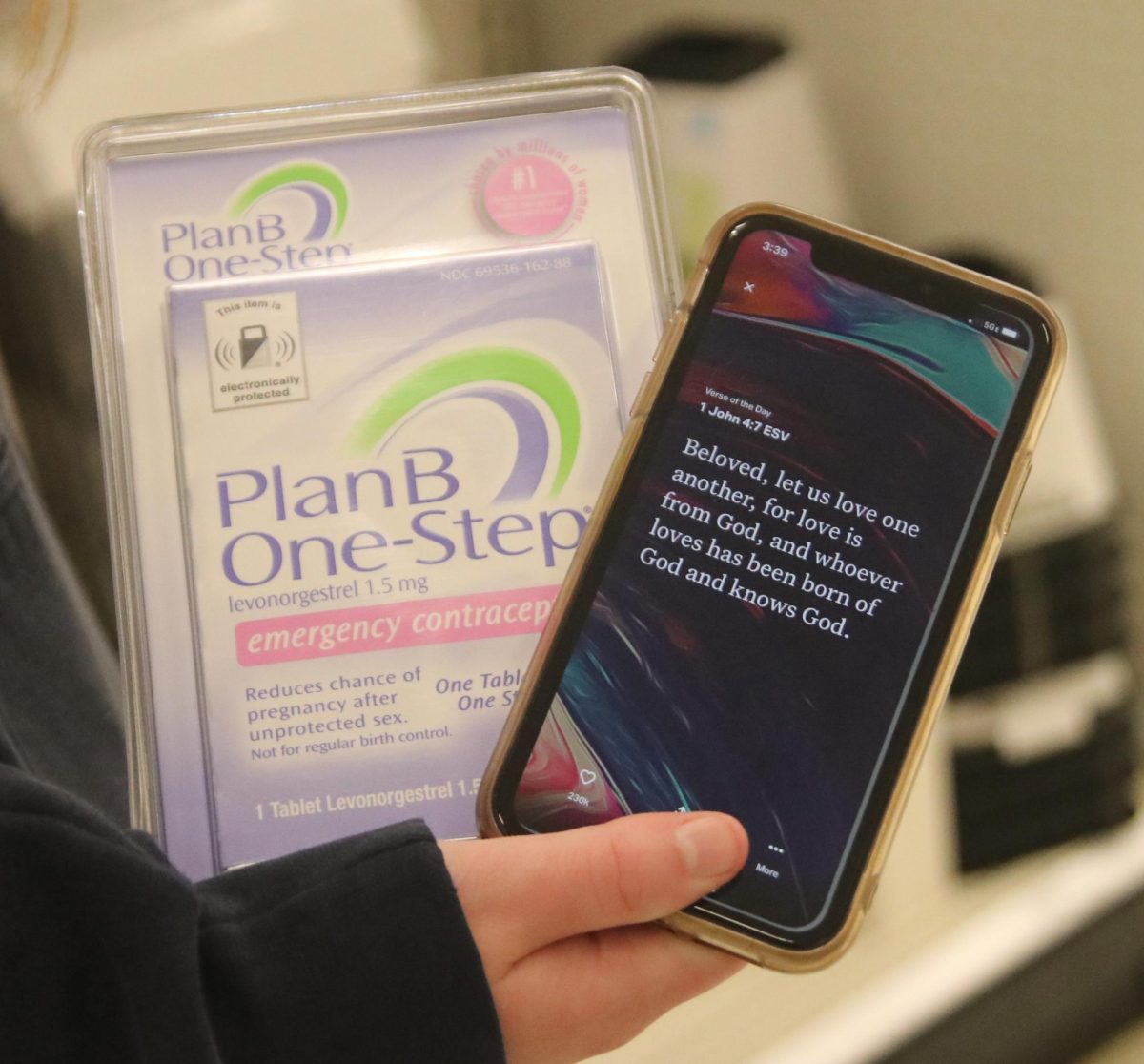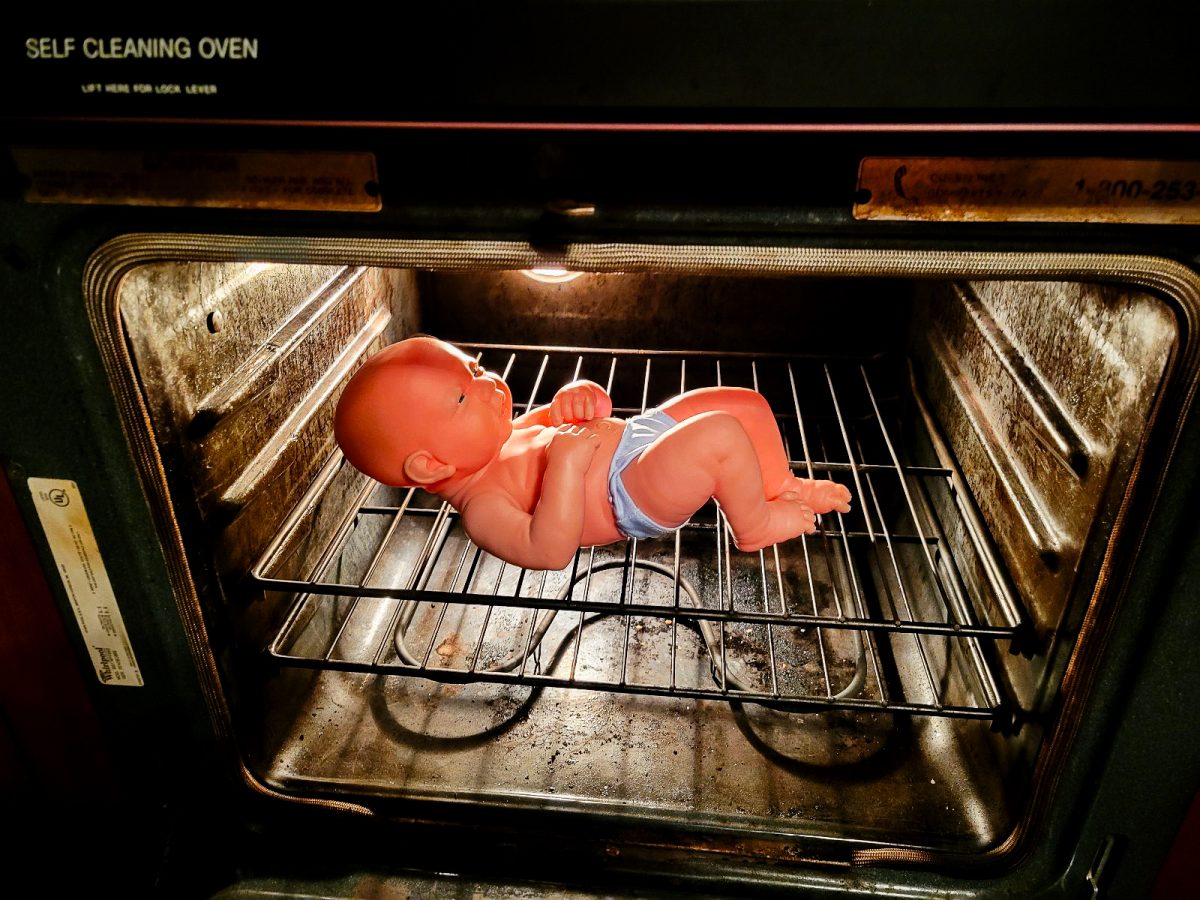As the upcoming 2024 election rapidly approaches, abortion has become a more relevant topic of political debate than ever before. Since the overturning of Roe vs. Wade on June 22, 2022, pro-choice supporters have been waiting for a chance to turn the tides in their favor. In the recent general election, this movement had a major impact on the candidates chosen, as several of the new elected officials were appointed due to their support of abortion rights. With results such as these, it goes without question that abortion debate will have a big effect on the results of the 2024 presidential election as well. In order to properly navigate this rocky political situation, it’s important for our community to look back at the argument itself as well as how it relates to our Christian values.
Since Christianity’s founding, it has been intertwined with politics. From the talk of Jesus becoming a war prince who would deliver the Jews from the hands of their Roman captors, to the Crusades, Christianity has always played a vital role in the global political climate. Even in American politics, whether or not you believe in Jesus often dictates your position on various political matters, such as abortion.
Reverend Davis, a Bible teacher and author of a book on Christian ethics, believes that scripture supports the pro-life position in the abortion debate.
First, Davis argues that early human life is sacred in the eyes of God by providing Biblical evidence from the Psalms.
“The Bible consistently affirms the humanity and the personhood you want to attribute to human life to the unborn fetus. So in Psalm 139 David rejoices, he says God knitted me together in my mother’s womb. So the fact that there are divine finger prints on an unborn baby that says something to me. David recognizes that. In Psalm 149 he says that he was born in iniquity, that he was developed in his mother’s womb, so he had a sinful nature, but there was something about him that mattered, even them.”
He then points out the fact that the majority of abortions that take place in the modern world are a convenience rather than a necessity.
“There’s the overwhelming result, the activity of abortion seems to be elective abortion and it doesn’t seem to have anything to do with the health of the mother. It’s pretty much a libertarian choice on the part of the individual, that’s not to say there aren’t moments where abortion is tragically necessary.”
Finally, he reaffirms his belief by returning to the beliefs of early church fathers through the Didache.
“And so with all of that I join it together with scriptures that more broadly affirm the sanctity of human life like do not murder and that there is a reckoning for anyone who would take human life. All through early Christian history the Didache says you shall not murder a child by abortion or after its born, so the idea that abortion is on the same level of infanticide on the same level of a horrific sin, that says something. I’m not saying the Didache is on par with scripture but as you move into early Christian history there’s this very firm grip on the idea that all of human life from fertilization to our final breath is god-granted.”
However, just like many other controversial ethical topics, the abortion debate has various sensitive intricacies and exceptions that can cause people to agree with different sides of the argument.
In an interview for the PEW Research Center, Reverend Carlton Veazey, the former president of the Religious Coalition for Reproductive Choice, iterates that many abortion candidates come from low income areas and do not have the financial stability to raise a child.
“I had firsthand experience of seeing black women and poor women being disproportionately impacted by the fact that they had no choices about an unintended pregnancy, even if it would damage their health or cause great hardship in their family. And I remember some of them being maimed in back-alley abortions; some of them died.”
Furthermore, an anonymous high school student brings up the point that there are various cases in which young women become pregnant through sexual assault through the story of her close friend:
“She was fifteen, almost sixteen, and it was a situation where she had not given consent […] I wouldn’t say that it would have ruined her life because girls go through this all the time, but it would have made her life a lot more difficult, she would have had to drop out of school to have this baby, [and] she would have had to be in high school for another year. She would have had to have all these medical procedures; it’s very expensive to have a baby at a hospital in America.”
Finally, Stacey Beck, an MD and Assistant Professor at the Department of Obstetrics, Gynecology, and Reproductive Sciences, speaks to instances where abortions are necessary for the health of the mother.
“Yes, there are absolutely certain medical conditions that warrant us to very urgently encourage a woman to have an abortion.”
In the interview, Beck goes on to describe various medical conditions such as cardiac issues, preeclampsia, and ectopic pregnancies where if immediate action was not taken to remove the fetus, the life of the mother would be put in danger. In these instances, the likelihood of the mother’s survival and the baby’s survival must be taken into account, and in some cases, Beck ascertains that the best course of action from a medical standpoint is to abort the pregnancy.
In a strongly conservative environment such as Westminster, it’s often easy to dismiss abortion as a worldly and evil practice. However, the abortion debate has many intricacies that should be taken into account before definite opinions are formed. Not all people who are pro-choice believe that babies should be killed without a second thought; many simply believe that abortion can be the best course of action for the mother and baby in some circumstances. In conclusion, abortion is a very complex topic, and before dismissing one side of the debate, it is important to listen to the arguments and nuances of the other side.









